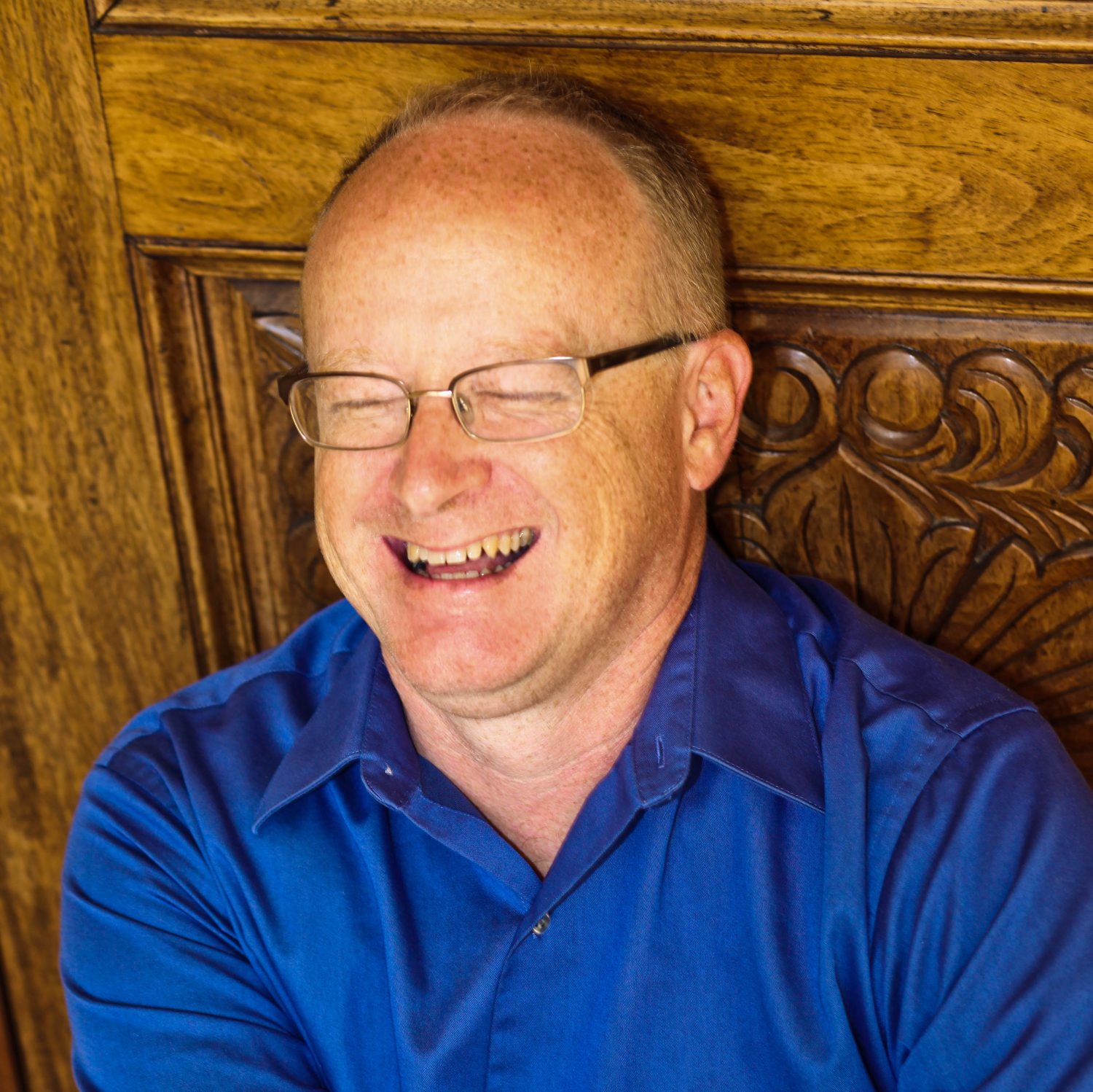 “At the root of what makes us good, just, and decent, is a recognition that we owe a debt to those who have gone before us.”
“At the root of what makes us good, just, and decent, is a recognition that we owe a debt to those who have gone before us.”
–Chuck Colson, Watergate figure who emerged from the country’s worst political scandal a vocal Christian leader and a champion for prison ministry, spent the last years of his life in the dual role of leading Prison Fellowship, the world’s largest outreach to prisoners, ex-prisoners and their families, and the Colson Center, a teaching and training center focused on Christian worldview thought and application. Colson died in April of 2012.
__________________________________________
Last night, our small group finished the study Doing The Right Thing. This quote from Colson was one of the last statements made in the video.
I can’t get it out of my mind.
The statement is truth for each of us, but for the Christian the debt both deepens and enriches. In a Kingdom economy, the debt we owe is one of love:
8 Don’t owe anyone anything, with the exception of love to one another—that is a debt which never ends—because the person who loves others has fulfilled the law.
(Romans 13:8, The Voice)
But what does it mean to me as a writer? Certainly I owe a debt to my parents and siblings who nurtured me–and to my wife who never fails to believe–but also to my writing teachers from first grade (Mrs. Oyer at Hawthorne Elementary) through college (Kim Peterson at Bethel College).
But many others have invested in me as a writer and editor–including many of you who are reading this now. To each I owe my thanks, but also my commitment to use what you willingly gave from your storehouse. There is one other thing: I owe to those who come after me, my own willingness to share, encourage, and educate.
Together we make a chain–and we make each other “good, just, and decent.”
Colson’s quote was one of the last things the video lesson shared. The last thing was this:
“Gratitude is the mother of all virtues.” — G.K. Chesterton
__________________________________________
Michael Ehret, for Writing on the Fine Line
 Michael loves to play with words and as editor of the ACFW Journal, he is enjoying his playground. He also plays with words as a freelance editor here at WritingOnTheFineLine.com, where he often takes a writer Into The Edit, pulling back the veil on the editing process. He has edited several nonfiction books, played with words as a corporate communicator, and reported for The Indianapolis Star.
Michael loves to play with words and as editor of the ACFW Journal, he is enjoying his playground. He also plays with words as a freelance editor here at WritingOnTheFineLine.com, where he often takes a writer Into The Edit, pulling back the veil on the editing process. He has edited several nonfiction books, played with words as a corporate communicator, and reported for The Indianapolis Star.


 The cat replies, “That depends a good deal on where you want to get to.”
The cat replies, “That depends a good deal on where you want to get to.”




